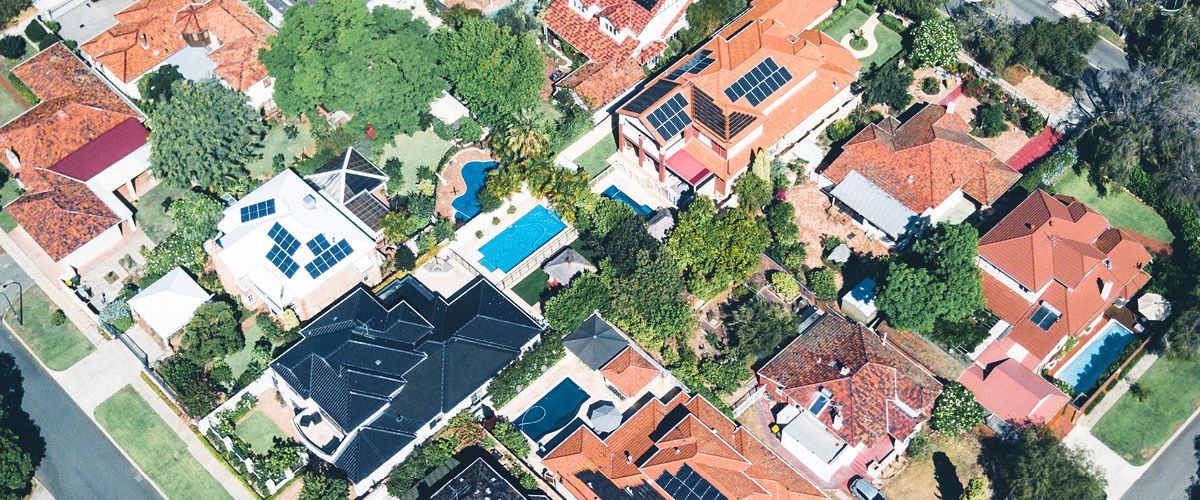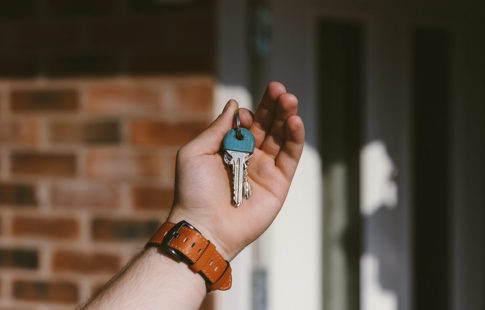Stop us if you’ve heard this one before — real estate is a great investment. Experts extol the tax advantages, the rate of return, and the ability to build wealth. But before you start counting all of your profits, here’s what you need to know about investing in real estate and purchasing a home that’s not your primary residence.
Begin by Educating Yourself About Investing in Real Estate
There are multiple strategies to investing in real estate, and the route you take will be a personal decision based on your time and financial situation, real estate experts tell Forbes. You’ll want to thoroughly investigate your options, but generally the decision comes down to whether you want to rent out an investment property for positive cash flow, or flip the property — buy, renovate, and re-sell at a higher price – to turn a faster profit. Consider taking a class from a reputable expert or university in your area.
Understand That Getting Started Could Be Difficult
An veteran real estate investor tells Business Insider that “to be an investor in real estate you need time or money, ideally both.” A Time Money report notes that dealing with tenants is one time-consuming aspect that people who are thinking about investing in real estate should be prepared for.
Plan Your First Property Type Before Investing in Real Estate
Forbes’ experts advise starting small, with a mortgage and maintenance that’s manageable should you end up needing to cover it yourself. BiggerPockets, which bills itself as the “leading resource and online community for real estate investing,” advises taking a narrow approach by picking one of the many property types — like single family homes, small and large multifamily homes, commercial properties, and more — and on focusing doing your first deal around that.
Pick A Prime Location
Experts tell U.S. News and World Report that a good location for an investment property is key. Some things to look for are proximity to schools, major thoroughfares, and public transportation. You’ll also want to research current rents and crime statistics. Experts also note that for your first foray into investing in real estate, you might want to avoid properties that need significant repairs because of the potential for cost overruns.
Consider the Financing Involved in Investing in Real Estate
In general, lenders consider conventional loans on second or non-primary residential properties riskier — and interest rates can be higher and down payment requirements stricter. (And lenders have increasingly sophisticated ways of knowing whether applicants are being truthful about their intent to occupy a home as a primary residence, since this is one of the most common forms of mortgage fraud known as occupancy risk fraud.) No matter the financing options available to you, experts advise running the numbers — again and again— to make sure the property is a worthwhile investment (especially if you’re just getting started investing in real estate).
Decide Whether You’re the Landlord Type
On the one hand, dealing with tenants can be tricky and can take a lot of your time — and as U.S. News and World Report also suggests, you’ll want to thoroughly screen rental candidates through legally available means, like a credit report and references. On the other hand, you could hire a property manager, (but that could cut into your profits).







